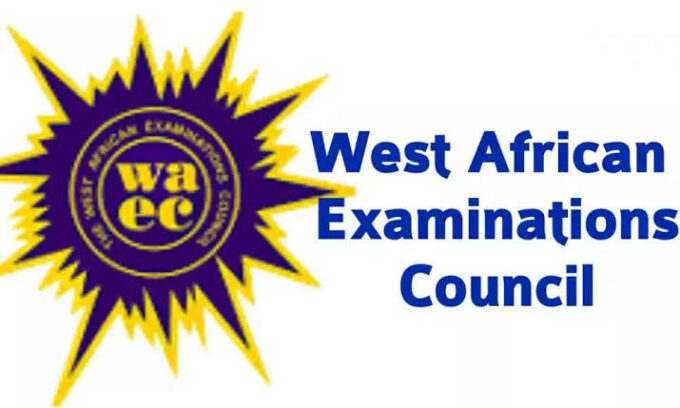The Federal Government, through the Ministry of Education, on Thursday directed tertiary institutions to submit reports of intervention funds from the Tertiary Education Trust Fund that remain unutilised within the next 30 days.
This directive comes as no surprise, as TETFund has repeatedly expressed concern over the significant amount of unused allocations by higher institutions in Nigeria.
The allocation of TETFund resources is based on demand-driven interventions, where institutions submit proposals for projects based on their needs, and TETFund approves them accordingly.
The Minister of Education, Dr Tunji Alausa, who gave the directive in Abuja on Thursday during a meeting with heads of institutions, explained that the ministry has been faced with a dilemma over the issue of allocations that are not being put to good use.
According to Alausa, resources that could have been used to develop infrastructure in institutions have remained idle due to bottlenecks.
“Institutions must submit reconciled reports of all unutilised funds within 30 days, which will be jointly verified. Unused funds may be redirected to priority projects, and carrying them over without strong justification will no longer be allowed. Procurement plans must align with approved interventions, and approvals should be fast-tracked to prevent delays,” Alausa said.
The minister also announced that capacity-building programs would be introduced to strengthen project management, compliance, and reporting, alongside mentorship initiatives. Quarterly reviews will track progress and compliance, with sanctions for institutions that fail to utilise funds effectively.
Alausa, who said transparency will be enhanced through a public dashboard showing disbursement and utilisation data, and institutions will be required to publish project progress reports, also emphasised that the success of this initiative depends on strong collaboration among stakeholders.
“TETFund must lead with professionalism, enforce compliance, and ensure transparency. Institutional heads should drive urgency and accountability, while bursars, procurement officers, and project coordinators must plan and report diligently.
“Auditors and oversight bodies are expected to monitor activities and flag irregularities. All stakeholders must uphold a sense of stewardship, recognising that every TETFund naira represents public trust,” Alausa said.











